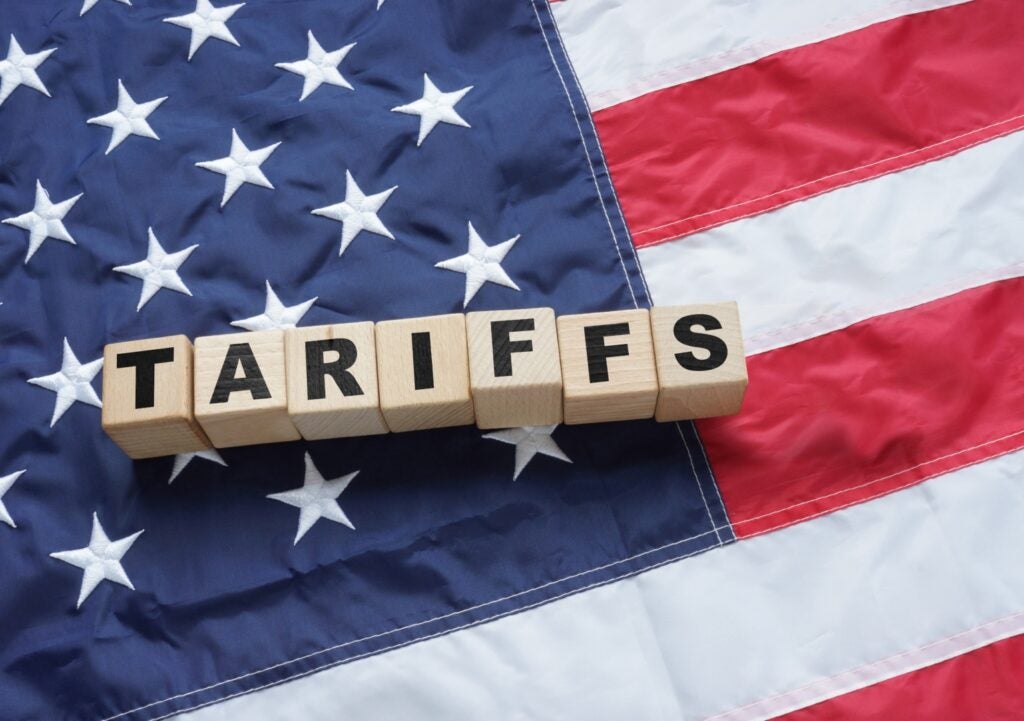
In a bid to navigate the impending U.S. tariffs, South Africa and several other countries have been reportedly seeking advice from Goldman Sachs since late February.
What Happened: South African officials have been consulting with Goldman Sachs to devise strategies to mitigate the impact of the looming tariffs and appease President Donald Trump. The country was reportedly advised by Goldman that everything comes down to Trump’s feelings.
The bank recommended that South Africa consider revising certain laws, including one requiring Black ownership in some companies and another permitting the government to seize land from landowners to address racial disparities, reported The Wall Street Journal.
Goldman Sachs did not immediately respond to Benzinga’s request for comment.
Despite the advice from Goldman Sachs, a spokesperson for President Cyril Ramaphosa stated that the recommendations “would not have found favor with the government,” which is committed to addressing the imbalances of apartheid.
Goldman Sachs’ advice is not limited to South Africa, as it has also been advising other nations, including France, Saudi Arabia, and Japan, on negotiating with the Trump administration. The Japanese government was reportedly reluctant to alter its tax policies solely to satisfy the administration. Countries are seeking advice from Wall Street banks on handling Trump’s global trade war, with bankers warning that negotiations may involve unrelated political or symbolic concessions.
However, White House spokesperson Kush Desai stated that trading partners keen on negotiating a deal with Trump must “reduce the tariff and non-monetary barriers” causing the U.S. trade deficit, adding that any outside advice to the contrary is “pure speculation.”
SEE ALSO: Dallas Fed Flags Deepening Factory Gloom: Is Texas Warning Of Something Bigger?
Why It Matters: The move by South Africa and other countries comes in the backdrop of escalating trade tensions globally. On Monday, Treasury Secretary Scott Bessent called on China to de-escalate trade tensions, pointing out China’s higher export rate to the U.S. as a key factor contributing to the current tariff imbalance.
Furthermore, Goldman Sachs had predicted that the U.S. tariffs on Chinese imports could put up to 16 million jobs in China at risk, particularly in the manufacturing sector, highlighting a gravity of the situation. This global context underscores the significance of the U.S. trading partners’ consultations with Goldman Sachs and other Wall Street bankers as the countries seeks to protect its own economic interests.
Image via Shutterstock
Disclaimer: This content was partially produced with the help of AI tools and was reviewed and published by Benzinga editors.
Market News and Data brought to you by Benzinga APIs
© 2025 Benzinga.com. Benzinga does not provide investment advice. All rights reserved.

